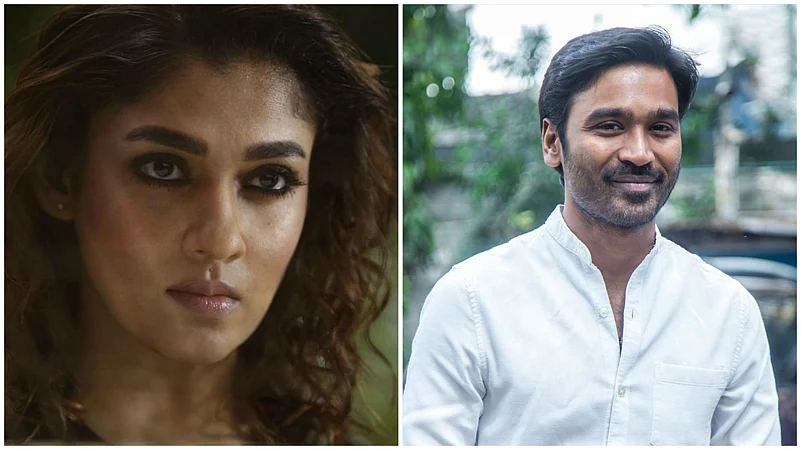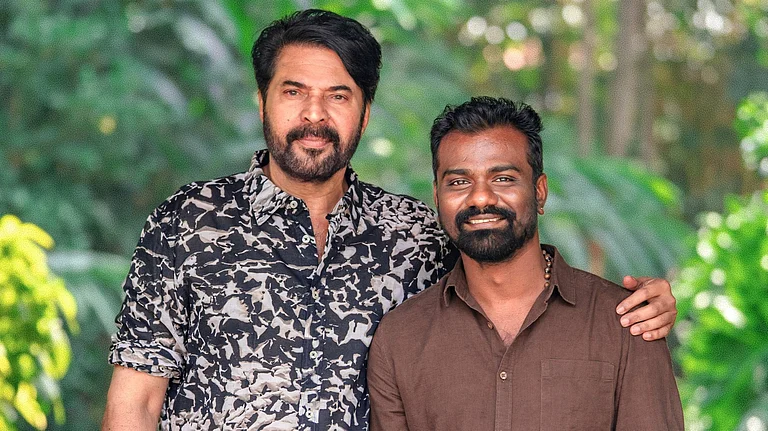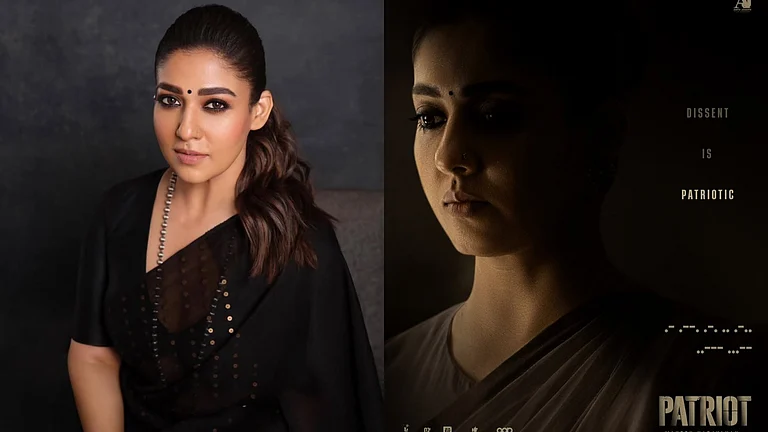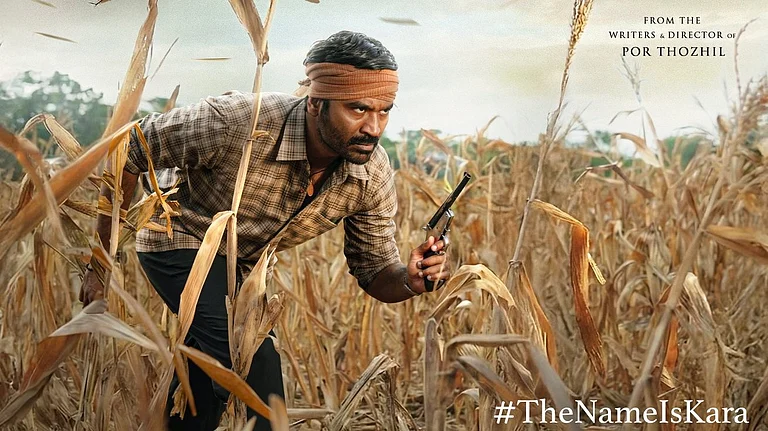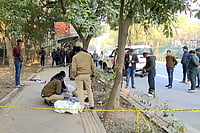In India, the discourse around Intellectual Property Rights (IPR) has often been fraught, lacking nuance. It’s everywhere, and still it’s nowhere. The latest feud between actors Nayanthara and Dhanush centres around the use of clips from Naanum Rowdy Dhaan (2015)—starring the former and produced by the latter’s Wunderbar Films—in the Netflix documentary Nayanthara: Beyond The Fairytale, which released on November 18. According to an open letter shared by Nayanthara, the documentary crew had been in communication with Dhanush’s team for over two years, trying to source their NOC (no-objection certificate) to use clips from the film, but were refused. After some behind-the-scenes (BTS) clips from the film emerged in the Netflix doc’s trailer—which Nayanthara maintains were shot on “personal devices”—Dhanush’s lawyers sent a notice for the clip to be taken down or face claims of damages to the tune of Rs 10 Crore.
What might seem like a straightforward case of copyright infringement, could be more twisted. While using clips from the film would result in direct infringement, the BTS footage might be a matter of contractual technicality. Delhi-based advocate Naveen Nagarjuna says that since the clips are used for commercial purposes (Nayanthara stands to financially benefit from her documentary) and doesn’t come under the purview of ‘fair use’, it will entirely depend on the contents of the clip. “Most producers put in a clause saying you shouldn’t be recording anything on sets,” says Nagarjuna, “since you don’t want clips to be leaked. But if [the clip shows] actors talking behind the scenes, or taking pictures on the sets, I don’t think it’s infringement per se. Unless there’s a scene from the film in the clip.”
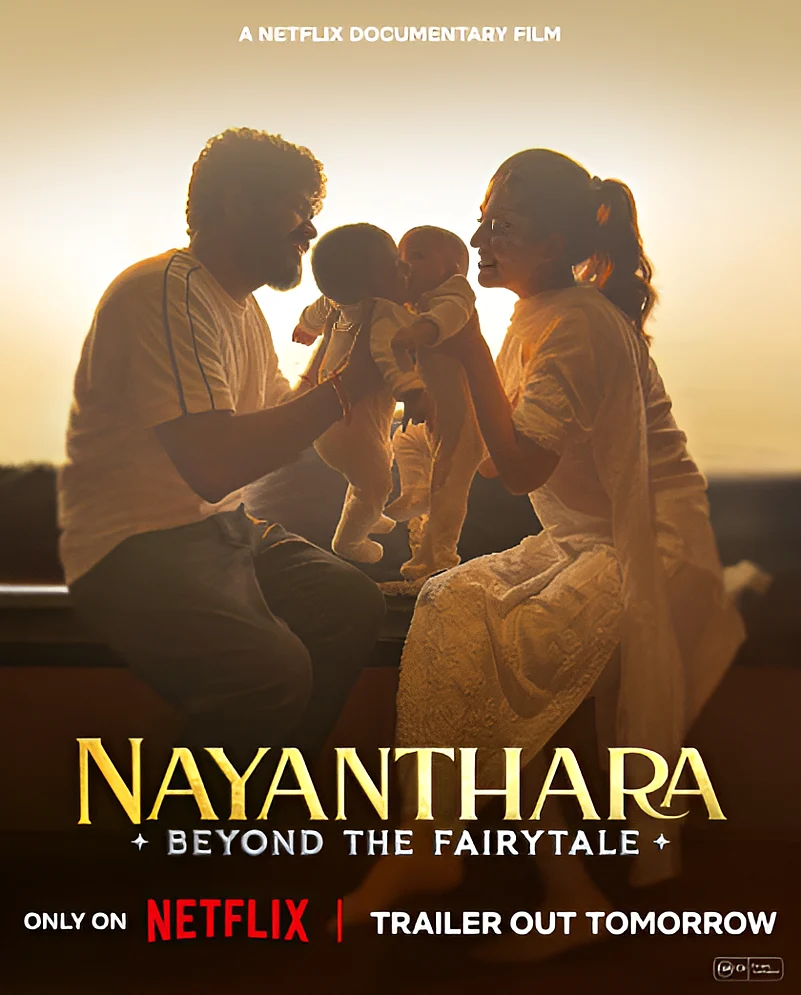
The clip in the documentary uses snatches of the BTS footage from the 2015 film to showcase Nayanthara’s love story with director Vignesh Shivan, who she eventually married. In the open letter, Nayanthara has attacked Dhanush for being ‘vile’ and holding a ‘personal grudge’ against the couple, by demanding Rs 10 Crore for a meagre 3-second clip used in the trailer. However, the montage in the final documentary is around 15-20 seconds for the sequence. Who owns the BTS footage – Dhanush? Or was it shot on personal devices as Nayanthara claims?
Anumita Verma, who specialises in IPR and practises in Delhi HC, says the first owner of copyright is defined under section 17 of the Copyright Act, as ‘Work-for-hire, or work prepared within the scope of employment.’ Also, Verma mentions how ownership of the BTS footage will be determined by a specific clause in the contract between actor and producer. “There’s a clause called ‘deliverance’ in most contracts between actors, producers which states BTS footage will be handed over to the producer after the completion of a shoot. We have to see if the clause is there in this specific contract.”
While recognising that not issuing the NOC was entirely Dhanush’s prerogative, Nagarjuna says it will be a ‘long shot’ on the actor/producer’s part to realise the damages he’s claiming. “If he’s suing her for 10 Cr, he will have to pay Rs 10 lacs as court fees, so that will underline that the party’s intent to fight the case is not based on a whim. On top of that, there’s the lawyer’s fee. So, it will have to be a financially prudent decision,” says Nagarjuna. “She might also show up on the first day of the hearing and might agree to take out the three-seconds clip. All sorts of things can happen.” Everything said and done, Nagarjuna doesn’t see Dhanush going to court since the documentary is already out. And with the words already exchanged in the public domain, mediation looks difficult.
This is not the first time such a case has come to the fore. Earlier this year, musician Ilaiyaraaja had sent a similar notice to the producers of Manjummel Boys (2024) for using his composition. After initially demanding Rs 2 Crore, the musician reportedly settled the dispute for Rs 60 lacs.







